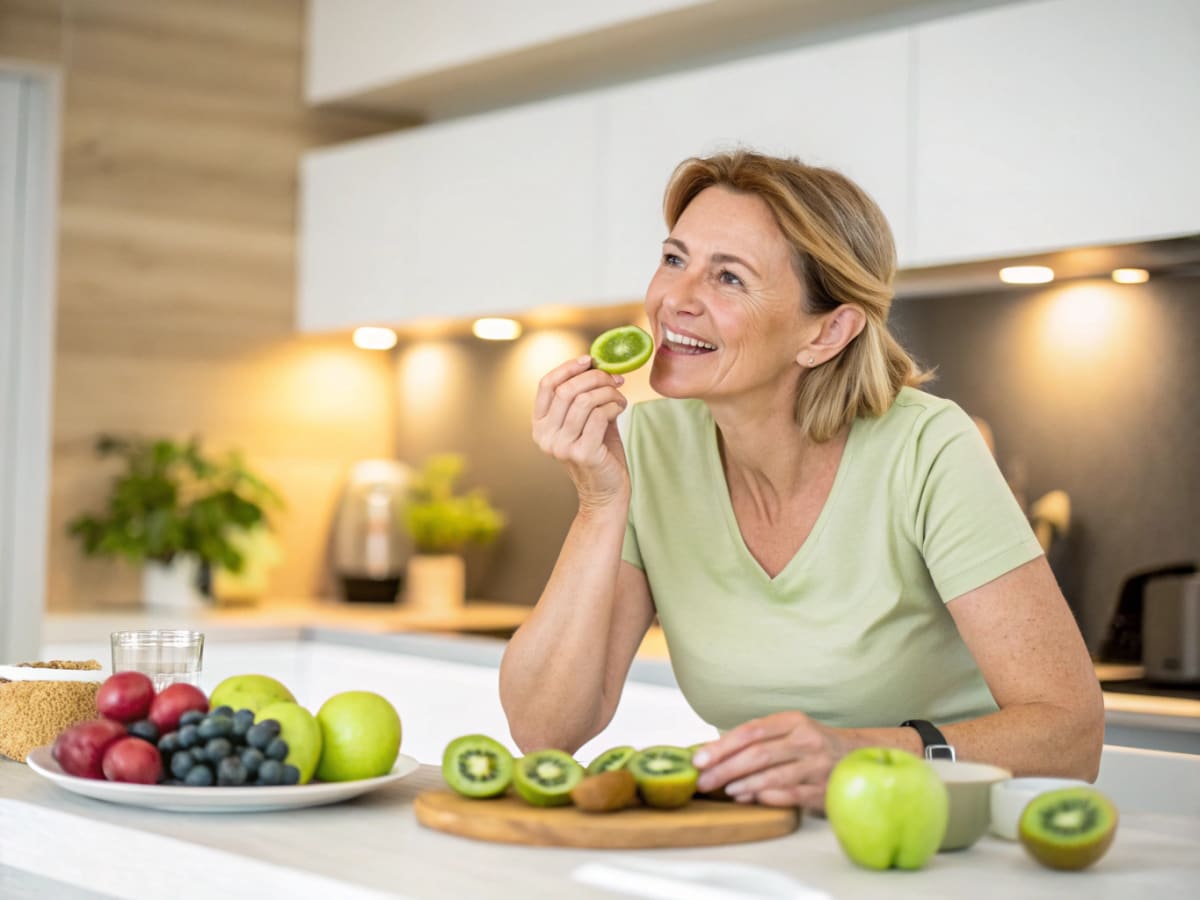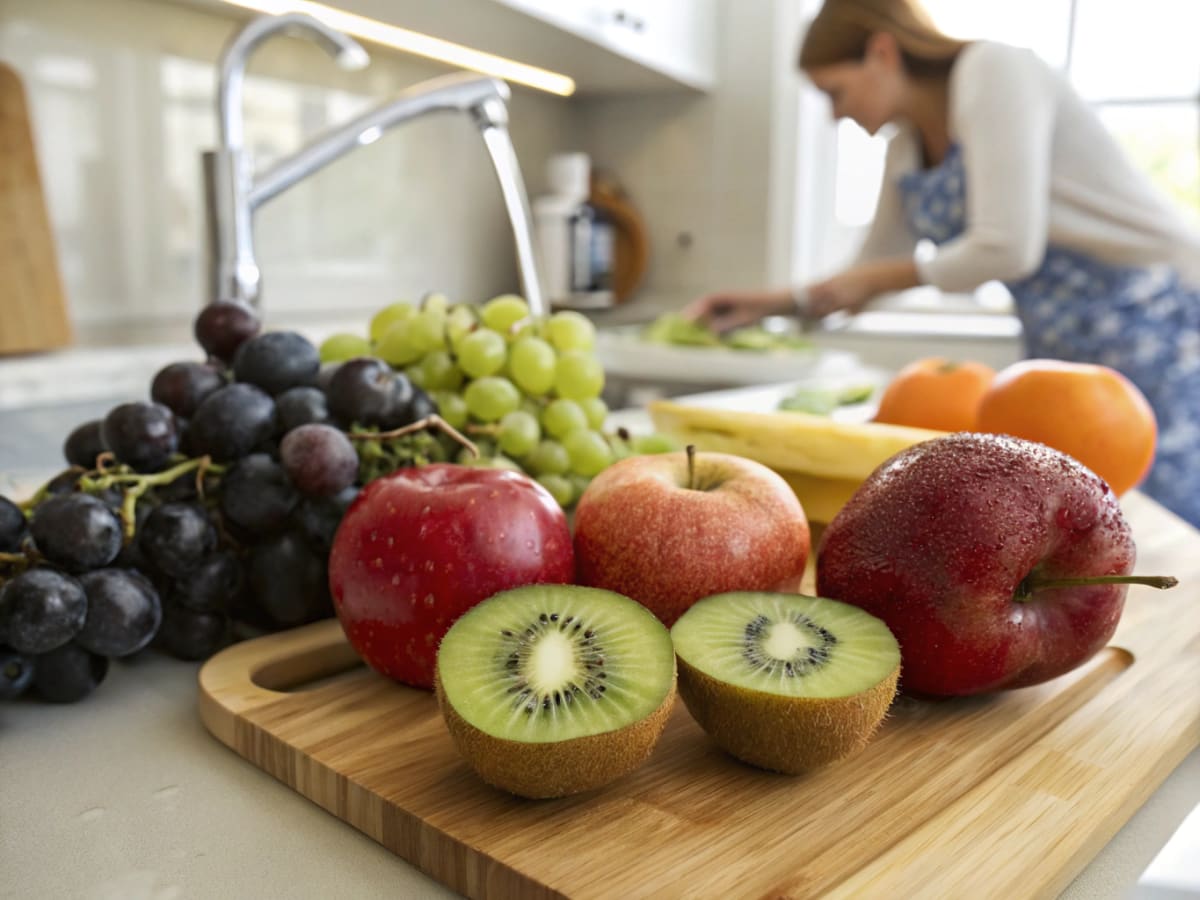
Fruit Peels Are 'Natural Nutrition Capsules'
According to Professor Hee-Won Jung, most fruit peels contain antioxidants, fibers, and vitamins that surpass the pulp. Particularly, when kiwis are consumed with their skin, dietary fiber intake increases by nearly 50%, and beneficial components like vitamin E and polyphenols are much higher compared to the pulp, as reported by the University of Kentucky and local data.
Antioxidants abundant in kiwi skin especially alleviate cellular oxidative stress, which can prevent skin aging and enhance immune function. These compounds help maintain a healthy skin barrier and improve resilience to external stimuli. This goes beyond simple dietary habits, closely tying into dermatological science.

Functional Bioactive Compounds Hidden in the Peel
Ursolic acid found in apple peels is related to muscle synthesis and metabolic function enhancement. It also offers anti-inflammatory and anti-cancer effects and helps increase basal metabolic rate, according to research from the University of Iowa. This suggests potential benefits in maintaining fitness and reducing body fat, especially in middle-aged and older adults. From a skin perspective, it can indirectly contribute to slowing down overall skin aging by improving elasticity and suppressing micro-inflammations.
Grape skins also concentrate numerous antioxidants like polyphenols, flavonoids, anthocyanins, and resveratrol. This complex antioxidant activity can suppress overexpression of skin oxidation-related genes and delay DNA damage to skin cells.

Why Is Eating Fruit with the Peel Gaining Attention Now?
The Rural Development Administration analyzes that consumption of fruits eaten with their skin is increasing, citing ‘convenience’, ‘nutritional efficiency’, and growing interest in ‘sustainable consumption’ as major reasons. This method, which reduces food waste and eliminates peeling, even minimizes environmental impact, positioning it as a form of ethical consumption (BE-conscious behavior).
This trend provides insights into cosmetic ingredient development. Extracting high-functioning antioxidant components from plant peels, often regarded as ‘waste’, and applying them to skincare products with ‘upcycling ingredient fermentation technology’ is already actively applied in the European consumer market. If domestic raw material development companies or skincare-based cosmetic companies focus on this trend, designing next-generation anti-aging solutions with sustainability and functionality can be expected.
Professor Hee-Won Jung's method of 'eating fruit with the peel' proposes a modern dietary habit considerate of health and the environment. It offers important implications for changing skincare trends related to skin health. YURICO5 is researching and developing high-quality products for your skin health based on these insights from nature. Pursue healthy beauty through sustainable skincare methods.
